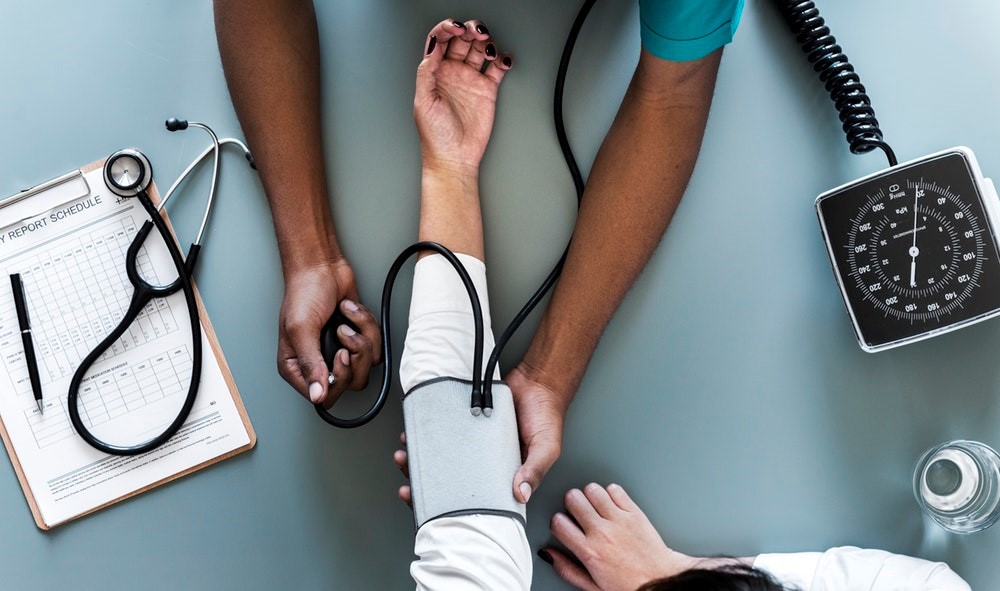Having an annual medical check-up is a healthy practice. Even if you feel okay right now, it does not mean you are in perfect shape. You might have some health issues that only a medical check-up can discover.
You can find a list of GP services online, and one of them is an annual health check. After finding the right doctor, you can set up an appointment to avoid waiting in line upon arrival at the clinic or hospital.
As the day of your check-up approaches, these are some things you need to do to prepare for it.
Sleep well
You do not know what the results will show. You might be healthy and free from any disease. You might also suffer from an illness that does not have any external manifestation. Either way, you are not in control. You cannot predict what will happen, so the best thing to do is relax and not stress about it.
Avoid salty and fatty foods
Annual check-ups usually include blood pressure checks and triglyceride tests. You need to avoid anything salty or fatty 24 hours before the yearly check; otherwise, you will have high levels in your system, and it could lead to disturbing results. If you can stop eating more than 24 hours before the check-up, it is even better.
Do not exercise
Exercising is generally a healthy practice. However, it is also a strenuous activity. It can elevate your heart rate and drop the level of potassium in your body. You might think that you are improving the results if you exercise as the check-up draws near, but you are not. If you wish to maintain a healthy lifestyle, you need to exercise regularly and not only before annual check-ups.

Try fasting
To avoid high levels of sugar in the blood, you need to fast. You can do it at least 2-12 hours before your check-up. You can schedule your check-up in the morning, so you will not even notice that you are fasting.
Drink water
If the check-up includes urinalysis, you want to have lots of water intake. Sometimes, it is difficult to urinate during the check-up because you do not have enough water in your system. You need to produce enough urine sample for the test.
List all your medicines and medical history
Your doctor might also ask you if you are currently on medication. You need to provide an accurate response. You can list all the meds that you have at home and specify which of them you have taken within the last few days. If you have a previous diagnosis, it also helps if you tell your doctor about it. You do not know what to expect during the test, and it is normal to feel nervous. Again, you cannot control what the results will be, so there is no point in getting stressed. Follow the instructions during the check-up and patiently wait for the results. Some doctors will discuss the results, so you need to pay attention.

